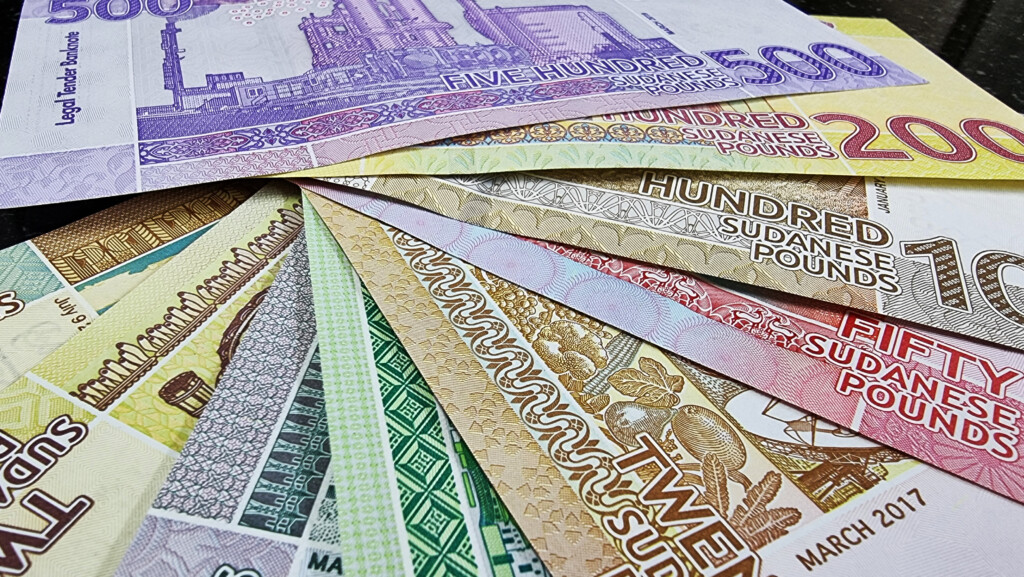Sudan’s draft 2023 budget tabled

Sudanese Pounds (Photo: RD)
On Friday, the Ministry of Finance and Economic Planning deposited the draft budget for 2023 on the table of the Council of Ministers, in preparation for its discussion at the level of the specialised committees and sectors of the Council, before submitting it for approval by the Council.
Economist Haisam Fathi told Radio Dabanga that “the 2023 budget is to be implemented within a very complex political framework. It is difficult to predict its course due to the ambiguity of the political and security scene in Sudan.”
He expected the continuation of the many strikes in the country, of workers calling for salary raises, as the already dire economic will continue to deteriorate. “Especially in the light of the significant rise in inflation rates, the consumers purchasing power will further erode, while the decline of the value of the pound reached more than 700 per cent.”
Taxes and fees have increased at rates ranging between 500 and 1,000 per cent since the beginning of 2022.
Fathi expects further significant increases in “the prices of bread, medicine, electricity and many other basic commodities”.
He warned for the very high rates of poverty in the country, which reached more than 60 per cent especially after countries and international financial institutions stopped their aid to the country.
Last week, economist Mohamed El Nayir criticised the delay in the 2023 budget approval, pointing to its negative effects on the economy, which already constitutes a heavy burden on the Sudanese. He laments that it is the first time in the history of Sudan that a delay in the national budget approval has occurred.
In an interview with Radio Dabanga, Nayir says he called on the government to commit to approving the budget at the specified time, and pointed to ambiguity in its provisions as well.
In June, the United Nations World Food Programme (WFP) warned that the number of food insecure people in Sudan may ‘dramatically increase‘ to unprecedented levels and that the “already alarming food security situation is likely to worsen throughout the lean season in Sudan, which started this month and will last through September”. By September, up to 40 per cent of Sudanese may slip into food insecurity, the WFP and the Food and Agricultural Organisation of the United Nations (FAO) warned.
Rising costs of transport, food, and basic commodities are putting immense pressure on Sudanese consumers, as the Sudanese Pound continues to waiver against major international currencies. Increasing reports of deaths from malnutrition and starvation are filtering through from across the country, confirming a food crisis that has been repeatedly highlighted by aid organisations.











 and then
and then